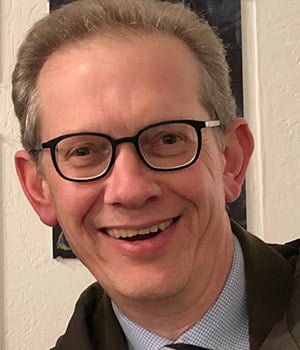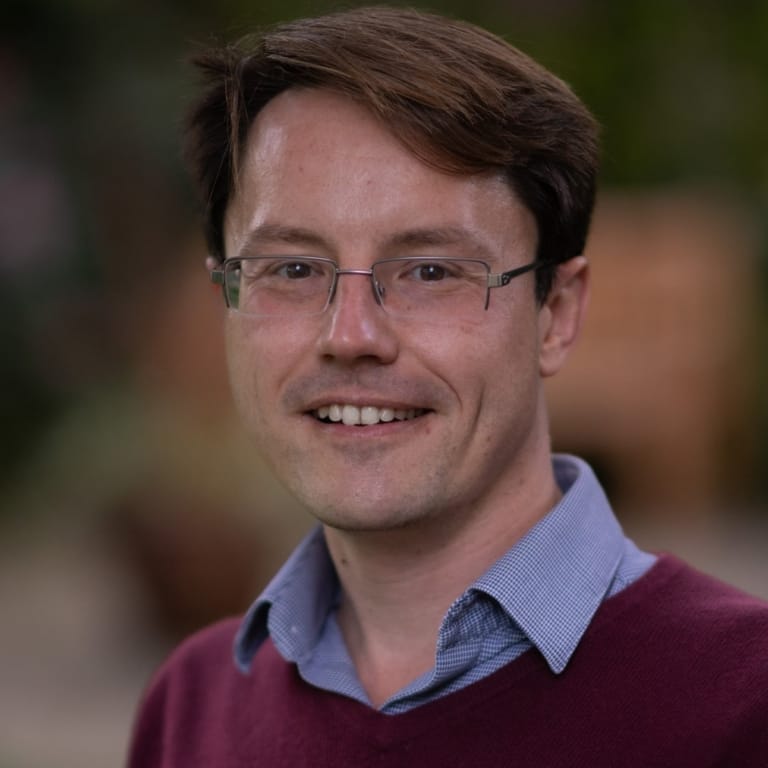
Former Lister Fellow Professor Paul Lehner recently published a paper in Nature, which details his research into how the Human Silencing Hub (HUSH) complex protects the human genome from viruses and other retroelement invaders.
The paper, entitled “Genome surveillance by HUSH-mediated silencing of intronless mobile elements” was published in November. The article is open access.
“Our genome is under constant threat from invasion by mobile genetic elements such as viruses and retrotransposons, which make up 17% of our genome,” says Paul. “My group previously discovered the HUSH complex and showed how it silences genome invaders, but how it recognizes these invading genetic elements was unknown.”
The Lehner lab’s recent research found that HUSH has the remarkable ability to distinguish ‘self’ from ‘non-self’ genomic DNA by recognizing ‘intronless’ cDNA, the hallmark of reverse transcription.
“This was really unanticipated. We previously thought that once a retroelement integrates into the genome it could no longer be recognised – but it turns out this is not the case”
In mammalian genes, DNA coding regions (exons) comprise small islands within a vast sea of non-coding DNA (introns). Retroelements are RNA-derived. As such, they lack classical non-coding introns, so intronless cDNA allows HUSH to discriminate invaders from host genes, and thus regulate the reverse flow of genetic information (from RNA to DNA).
HUSH therefore provides a genome immuno-surveillance system which silences invading DNAs.
This finding has important therapeutic implications for disease such as cancer. HUSH is an epigenetic checkpoint that suppresses tumour-intrinsic immunogenicity and is a novel immunotherapeutic target for cancer therapies.
Since HUSH silences diverse DNA sequences, including long cDNAs of human genes, HUSH inhibition will also improve gene expression in gene therapy.
“We’re really excited to find out what makes introns so special,” says Paul. “Bizarrely, it’s not about splicing.”
Paul is Professor of Immunology and Medicine at the University of Cambridge. His central academic interest lies in the study of how viruses interact with and subvert the human immune system. He uses genome wide CRISPR genetic approaches to identify novel genes and intracellular pathways involved in virus-host interactions. He was awarded the Lister Prize Fellowship in 2004.



